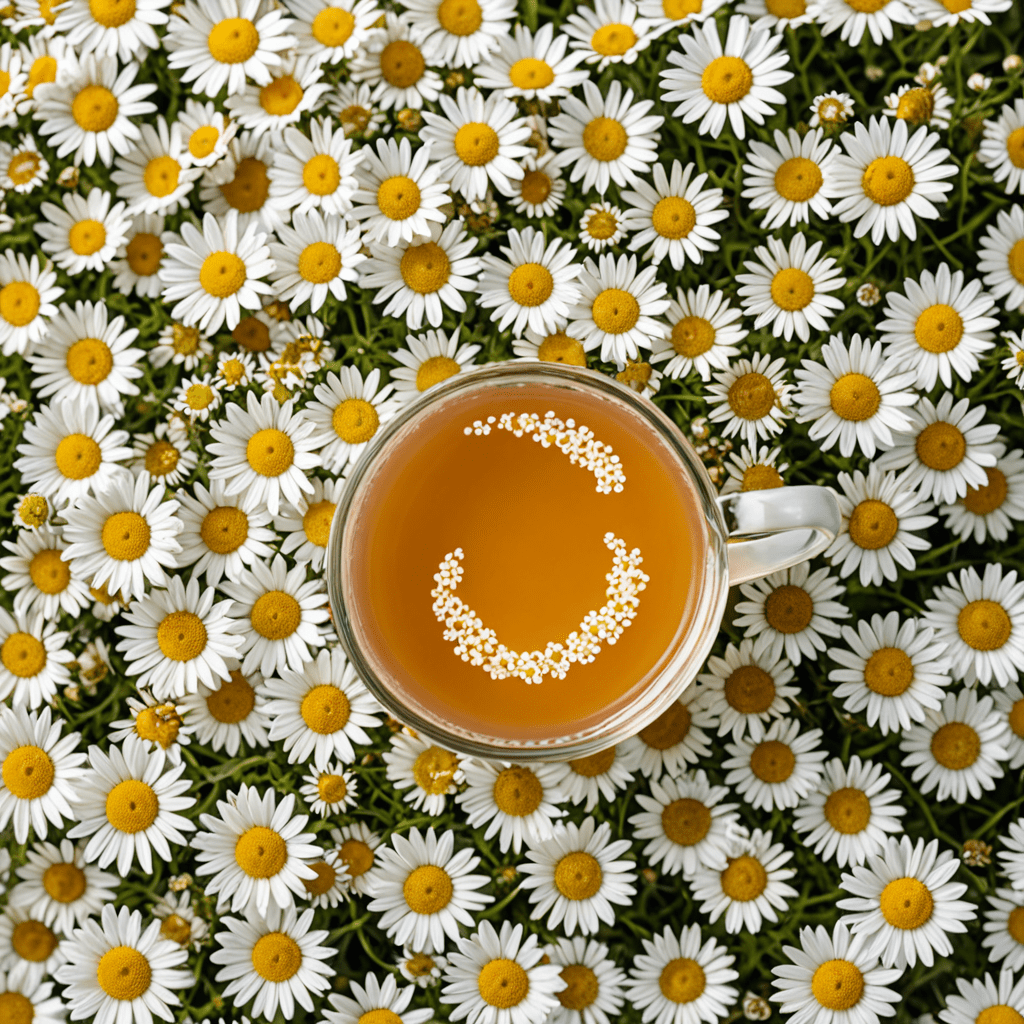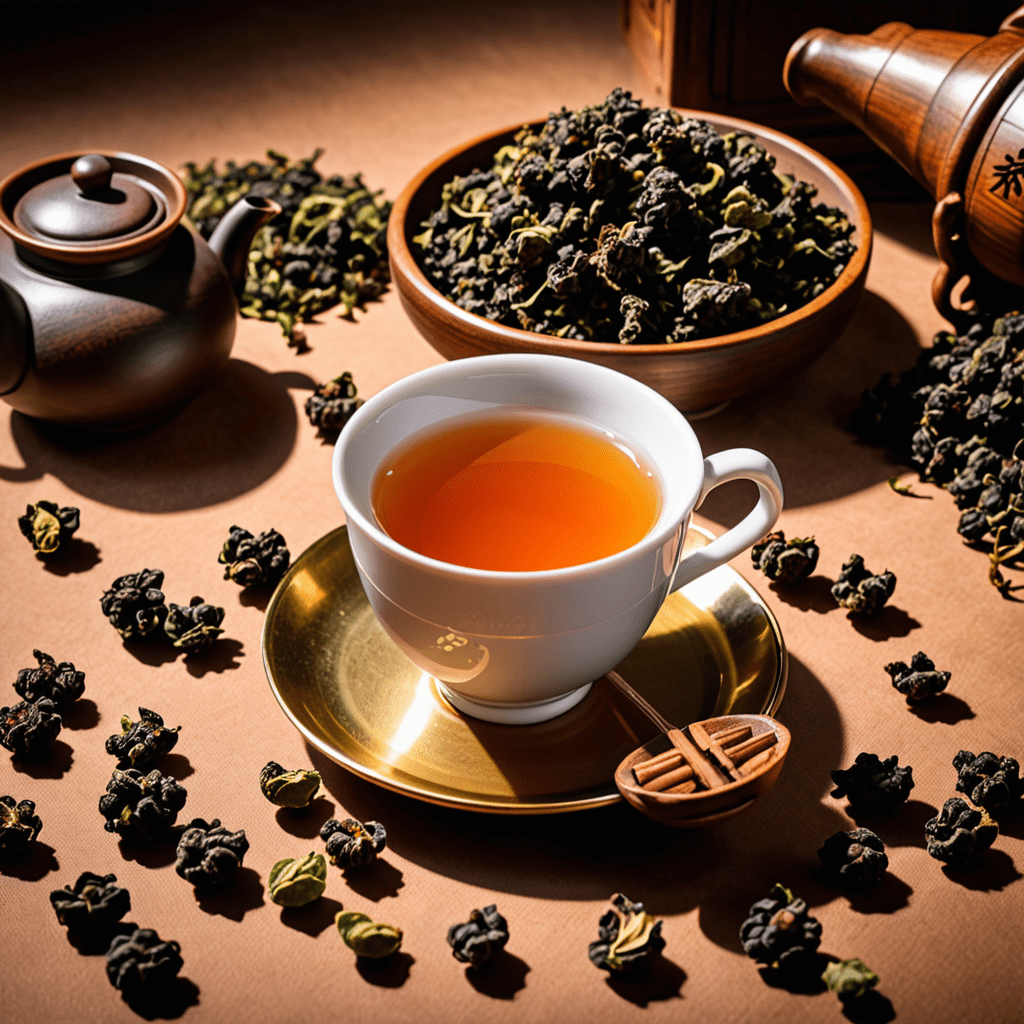Ceylon Tea Culture: Bridging Generations Through Tea
Introduction:
Nestled in the heart of Sri Lanka, Ceylon tea has been an integral part of the nation's cultural tapestry for centuries. Beyond its global reputation for exceptional quality, Ceylon tea holds a profound significance within Sri Lankan households, ceremonies, and social interactions.
The Importance of Tea in Sri Lankan Households:
In Sri Lankan homes, tea is not merely a beverage; it's a way of life. Families gather around steaming cups of tea throughout the day, fostering connections and sharing stories. Tea serves as a catalyst for conversations, a symbol of hospitality, and a comforting presence during both joyous and somber occasions.
The Role of Tea in Traditional Ceremonies:
Ceylon tea transcends everyday consumption, playing a pivotal role in traditional ceremonies that mark important milestones in Sri Lankan life. In weddings, tea is offered as a gesture of blessing to the newlyweds, while in funerals, it serves as a symbol of respect and solace. Religious festivals also incorporate tea drinking rituals, adding a sacred dimension to the experience.
Tea as a Form of Communication:
In Sri Lankan culture, tea drinking is not just about satisfying thirst; it's also a form of nonverbal communication. The way tea is prepared, served, and consumed conveys subtle messages and emotions. Gestures, such as the gentle tapping of the teapot on the table, can indicate the desire for more tea or a polite refusal.
The Art of Tea Making:
The art of tea making in Sri Lanka is passed down through generations, with each household developing its unique rituals and preferences. Traditional methods involve using a specialized teapot known as a "clay pot," which allows the tea to steep slowly, infusing it with rich flavor and aroma. Various tea blends are used, each offering a distinct taste profile.
VI. Tea Gardens and Tourism
The scenic beauty and historical significance of Ceylon tea gardens have made them a popular tourist destination. Visitors can explore rolling hills covered in lush tea bushes, learn about the traditional cultivation and harvesting methods, and sample freshly brewed tea amidst breathtaking surroundings. Tea tourism plays a vital role in promoting Sri Lanka's cultural heritage and showcasing the unique aspects of Ceylon tea.
VII. The Economic Impact of Tea
Tea is a major source of revenue for Sri Lanka, contributing significantly to the country's economy. The cultivation, processing, and export of tea generate employment opportunities and support local communities. Tea plantations have played a historical role in shaping Sri Lanka's social and economic landscape, and continue to be an important part of the nation's economic growth.
VIII. Tea and Health
Beyond its social and cultural significance, Ceylon tea is also renowned for its medicinal properties. Traditional Sri Lankan beliefs and practices attribute healing qualities to tea consumption. Studies have shown that Ceylon tea contains antioxidants and other beneficial compounds that may support overall well-being. However, it's important to note that excessive tea consumption can have some health implications, so moderation is key.
IX. The Future of Ceylon Tea Culture
While Ceylon tea culture faces challenges such as changing lifestyles and globalization, efforts are being made to preserve and promote its traditions. Younger generations are embracing the art of tea making and sharing their experiences on social media, ensuring that the legacy of Ceylon tea continues. Sustainable farming practices and innovative approaches to tea production aim to safeguard the industry for future generations.
X. Conclusion
Ceylon tea culture is an enduring symbol of Sri Lankan identity. It bridges generations, fosters social connections, and contributes to the nation's economy and well-being. From traditional ceremonies to modern-day gatherings, tea remains an integral part of Sri Lankan life, carrying with it a rich history and a promising future.
FAQs
Q: What is the unique feature of Ceylon tea?
A: Ceylon tea is known for its distinctive flavor and aroma due to the unique blend of soil, climate, and cultivation techniques in Sri Lanka.
Q: How is Ceylon tea traditionally prepared?
A: Traditional methods involve using a specialized teapot called a "clay pot" and allowing the tea to steep slowly to develop its full flavor.
Q: What are the health benefits of Ceylon tea?
A: Ceylon tea contains antioxidants and other beneficial compounds that may support overall well-being, such as reducing oxidative stress and improving heart health.
Q: How can I support Ceylon tea culture?
A: By choosing to purchase Ceylon tea, visiting tea gardens, and participating in tea-related events, you can contribute to the preservation and promotion of this unique cultural tradition.


